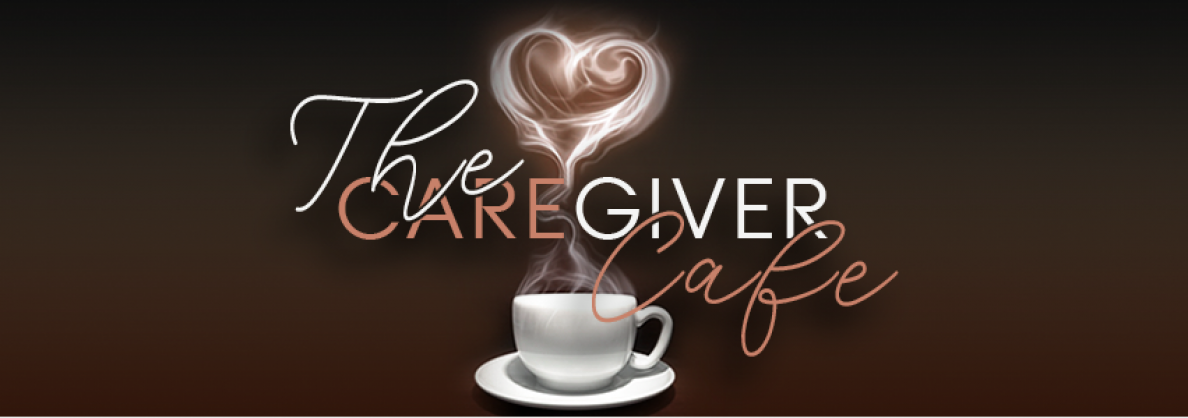By Roz Jones
You’re a caregiver. You understand the complex world of insurance and health care. But when it comes to Part D Medicare, you may feel like you’re in over your head. Part D Medicare is a prescription drug plan offered by private insurance companies that are approved by Medicare. It is available to people who have Medicare Part A and/or B, which covers hospital and medical insurance, respectively.
What is Part D?
Part D is a prescription drug coverage plan that is available to Medicare beneficiaries. This plan helps to cover the costs of prescription drugs that are not covered under Original Medicare. Part D plans are offered by private insurance companies and each plan has its own list of covered drugs, called a formulary.
How Part D Works
Part D plans vary, so it’s important to do your research to find the one that best meets your aging loved one’s needs. Some plans have low monthly premiums but high deductibles, while others have higher premiums but low deductibles. There is also a wide range in the types and costs of drugs covered by each plan. All plans must offer at least a standard level of coverage set by Medicare.
Once you enroll your aging loved one in a Part D plan, they will usually pay a monthly premium. They may also have to pay an annual deductible before their coverage begins. After that, they will typically pay coinsurance or copayment for each prescription filled. Some plans charge a late enrollment penalty if you do not sign up for Part D when you first become eligible.
Part D Medicare can be confusing, but as a caregiver, it’s important to have a basic understanding of how it works. By doing your research and comparing plans, you can find the one that best suits your aging loved one’s needs. And remember, if you have any questions, don’t hesitate to contact your local Medicare office for more information.
Follow My Pinterest to Stay Updated On Tips About Caregiving!
(Click the link below to follow my Pinterest Account)
ATTENTION: INSTAGRAM UPDATE!!!
Thank you for your patience with me as I attempted to gain access to my Instagram account @rozjonesenterprises! Unfortunately, I have been prompted to create a NEW Instagram account.
Be sure to follow my new Instagram page @rozcaregiverconsulting!
(Click the link above to access my new Instagram page with ease!)
Subscribe to The Caregiver Cafe Weekly Newsletter!

1. YOU ARE NOT ALONE: The problems you face as a caregiver are experienced by other caregivers. Knowing that you’re not alone can be comforting.
2. Tools and Resources: Find caregiver stress management tools and gain perspective from other caregivers’ experiences.
3. LEARN TO: Ask for help, accept help when it is offered, and acknowledge yourself on this caregiving journey. Hear from experts on how to balance caregiving responsibilities by taking care of your needs and involving others to help manage the natural stress and isolation of being a caregiver.






